Discover the cutting-edge trends and innovations defining the future of blockchain technology in 2024. Explore how blockchain is reshaping industries and leading the charge towards a decentralized future.
Table of Contents
Key Trend in Blockchain Technology 2024
Enterprise Adoption Accelerates: Blockchain technology is witnessing increased adoption across enterprises, revolutionizing sectors such as supply chain management, financial services, and healthcare. Businesses are leveraging blockchain to enhance transparency, streamline operations, and improve data security.
Interoperability Becomes Crucial: There is a growing emphasis on interoperability between different blockchain platforms to enable seamless data and asset transfer. Projects like U2U Network are pioneering efforts to enhance interoperability, fostering collaboration and innovation across blockchain ecosystems.
Rise of Decentralized Finance (DeFi): Decentralized Finance (DeFi) continues to grow rapidly, offering alternative financial services through blockchain technology. DeFi platforms facilitate peer-to-peer lending, decentralized exchanges, and other financial services, challenging traditional financial systems with increased accessibility and efficiency.
NFTs and the Metaverse: Non-Fungible Tokens (NFTs) are gaining popularity as digital assets representing ownership of unique items or content. NFTs are integral to the emerging metaverse, a virtual reality space where users interact, own virtual assets, and participate in decentralized economies.
Sustainability and Green Blockchain Initiatives: There is a rising focus on sustainability within the blockchain industry, driven by concerns over energy consumption. Projects like U2U Network are leading efforts to develop energy-efficient consensus mechanisms and sustainable blockchain solutions, addressing environmental impacts while advancing technological innovation.
Recent Blockchain Innovations 2024
Layer 2 Scaling Solutions
Layer 2 scaling solutions, such as rollups and state channels, are pivotal in addressing the scalability limitations of blockchain networks. By processing transactions off the main chain and settling them periodically, these solutions significantly enhance transaction throughput and reduce costs. Rollups aggregate multiple transactions into a single batch, optimizing efficiency, while state channels enable direct, off-chain interactions between participants, preserving blockchain security.
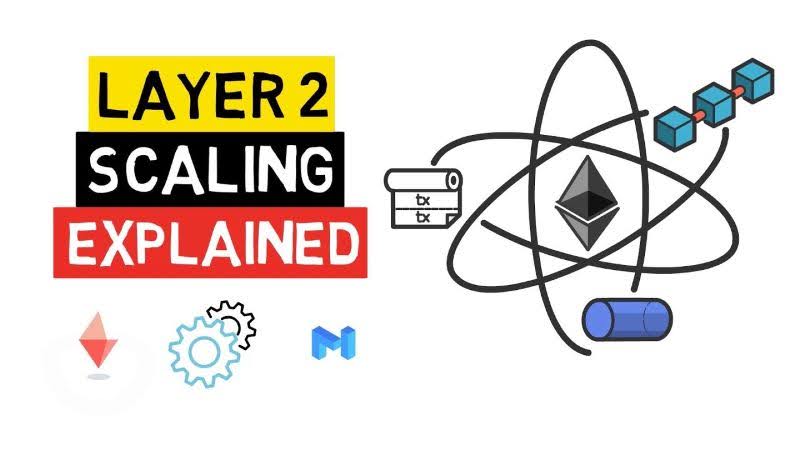
Zero-Knowledge Proofs (ZKPs):
Zero-Knowledge Proofs (ZKPs) are increasingly employed to bolster privacy and security in blockchain applications. ZKPs allow users to prove possession of information without revealing the information itself, ensuring confidentiality while verifying transactions or interactions on the blockchain. This innovation enhances data privacy and confidentiality, appealing to applications requiring stringent privacy measures, such as financial transactions and healthcare records.

Decentralized Identity (DID)
Decentralized Identity (DID) systems empower individuals with control over their personal data, minimizing reliance on centralized authorities for identity verification. Utilizing blockchain's immutable ledger and cryptographic principles, DIDs enable secure and verifiable identity management. Individuals can manage and selectively disclose their identity attributes, enhancing privacy and reducing the risk of identity theft or misuse. DID holds promise across various sectors, including finance, healthcare, and government services.
Tokenization of Real-World Assets
Blockchain technology facilitates the tokenization of real-world assets, transforming traditionally illiquid assets such as real estate, art, and commodities into digital tokens. Tokenization divides asset ownership into smaller, fungible units, enabling fractional ownership and enhancing liquidity. Blockchain's transparency and traceability provide immutable records of ownership and transaction history, reducing fraud and facilitating global access to investment opportunities. This innovation democratizes access to assets traditionally limited to high-net-worth individuals or institutional investors.
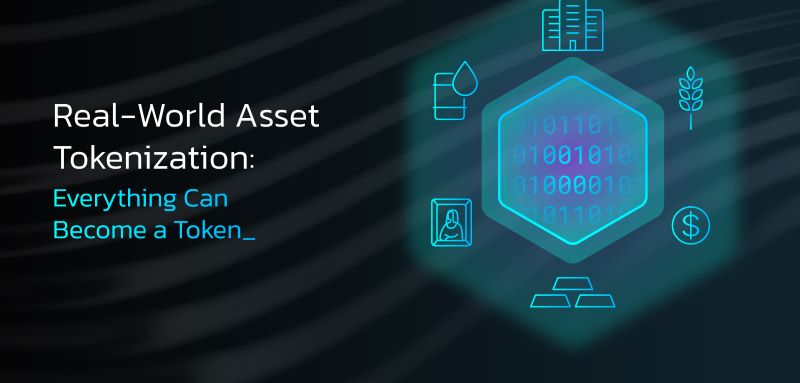
Latest Advancements in Blockchain Technology
Blockchain technology continues to evolve with groundbreaking advancements across several key areas:
Improved Scalability and Performance: Efforts to enhance blockchain scalability and performance are progressing with the adoption of new consensus mechanisms and sharding techniques. Innovations like Proof of Stake (PoS) and Directed Acyclic Graphs (DAGs) are reducing energy consumption and increasing transaction throughput. Sharding divides blockchain networks into smaller, manageable segments, allowing parallel transaction processing and improving overall network efficiency.
Enhanced Security and Privacy: The quest for enhanced security in blockchain has led to advancements such as quantum-resistant cryptography and secure multi-party computation (MPC). Quantum-resistant cryptography prepares blockchain networks for potential threats from quantum computing, ensuring long-term security. MPC enables multiple parties to jointly compute a function while keeping their inputs private, enhancing privacy in decentralized applications (dApps) and smart contracts.
Greater Usability and Accessibility: Blockchain technology is becoming more accessible with the development of user-friendly interfaces and tools. Innovations in wallet technology, decentralized exchanges (DEXs), and blockchain explorers simplify user interactions and improve adoption rates. User-centric design principles are driving the creation of intuitive applications that cater to both technical and non-technical users, democratizing access to blockchain-based services.
Integration with Other Technologies: Blockchain's integration with emerging technologies like artificial intelligence (AI) and the Internet of Things (IoT) is fostering new synergies and innovative solutions. AI algorithms are enhancing blockchain analytics and decision-making processes, while IoT devices are leveraging blockchain for secure data sharing and automated transactions. These integrations enable real-time insights, autonomous operations, and enhanced traceability across interconnected systems.
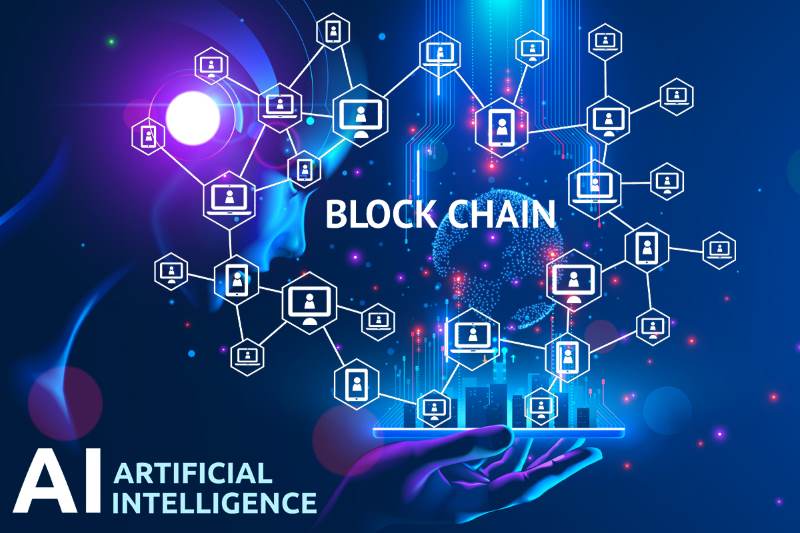
In conclusion, 2024 is shaping up to be a defining year for the future of blockchain technology. The trends we've highlighted—increased enterprise adoption, emphasis on interoperability, the rise of DeFi and NFTs, the growing metaverse, and a focus on sustainability—are all contributing to a rapidly evolving landscape, painting a promising picture of the future of blockchain technology in 2024.
Innovations such as layer 2 scaling solutions, zero-knowledge proofs, decentralized identity, and the tokenization of real-world assets are pushing the boundaries of what's possible with blockchain. As the future of blockchain technology in 2024 unfolds, advancements in scalability, security, usability, and integration with other technologies are making blockchain more accessible and applicable to a wider range of use cases.
The transformative potential of blockchain technology is undeniable. As we move further into 2024 and beyond, it's crucial to stay informed about the latest developments and embrace the opportunities that this technology presents. U2U Network, with its advanced DAG-based blockchain and focus on decentralized infrastructure, is at the forefront of this revolution. We are committed to building a more secure, scalable, and efficient blockchain ecosystem that can empower businesses and individuals alike.


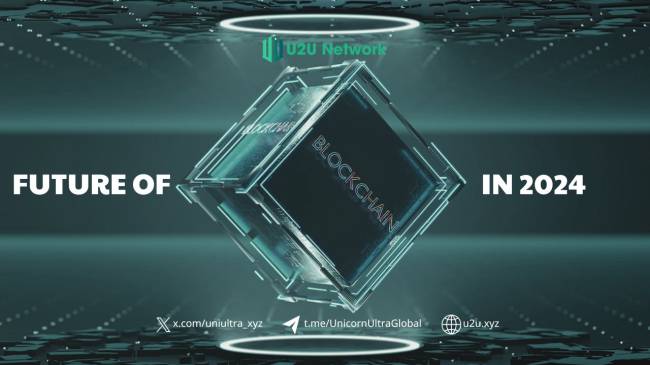
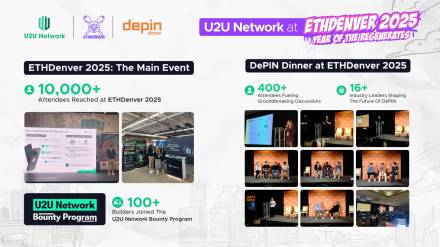

.png)
